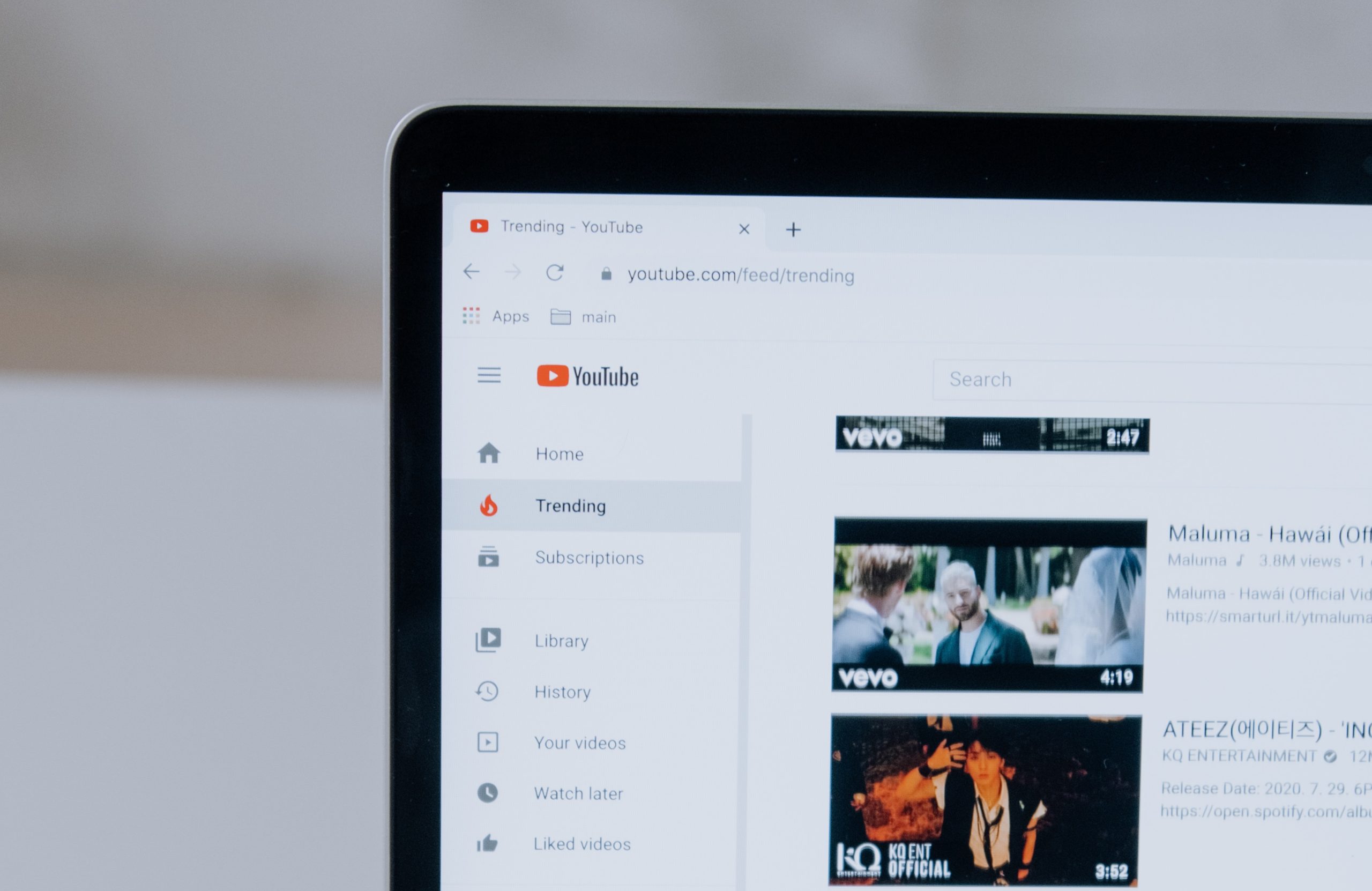It’s officially the end of adblocks on Youtube. After a test phase, the platform is now deploying its ad blocker more widely.
“Using ad blockers is against YouTube’s terms of service. » It is with this simple statement that YouTube confirmed its desire to put an end to the use of adblocks on its platform. What was until then only a “experimentation» carried out on certain user accounts will now become the norm on the streaming platform.
Screw tightening and price increase
“Ads support a diverse ecosystem of creators around the world and connect billions of people to their favorite content on YouTube», Justified a spokesperson for the platform to Engadget. The screen blocking the viewing of the video in the event of detection of an ad blocker should therefore become more widely available in the coming days, to the great dismay of Internet users all over the world.
Behind this tightening of the screw lies YouTube’s desire to regain control of the monetization of its content, in particular by increasing the number and advertising formats that accompany the different videos. This is also an opportunity for the platform to push towards its Premium subscription formula. “We launched this campaign to encourage users with ad blockers enabled to allow ads on YouTube or try YouTube Premium“, explained the company.
The Premium offer now costs €12.99 per month, after a price increase decided last August. The latter aimed to “support the creators and artists you watch on YouTubee” according to company communication. The “family” subscription recently increased from €17.99 per month to €23.99 per month. An increase of 30% which does not seem to spare any country in the world. Just like the prices of Netflix or Disney+ recently.
Internet users not satisfied
This decision comes at a critical time for YouTube. Indeed, this new policy has already been denounced in European courts. Alexander Hanff, specialist in privacy protection, defends the idea that, according to the GDPR, “any access to a device that is not strictly necessary for the provision of a requested service requires the user’s consent”, which YouTube does not respect here, according to the complainant.
If we are to believe the first feedback on Reddit, Internet users do not seem delighted with this new policy put in place by YouTube. Calls for boycotts or tips for circumventing restrictions are multiplying everywhere.
Source : Engadget

63